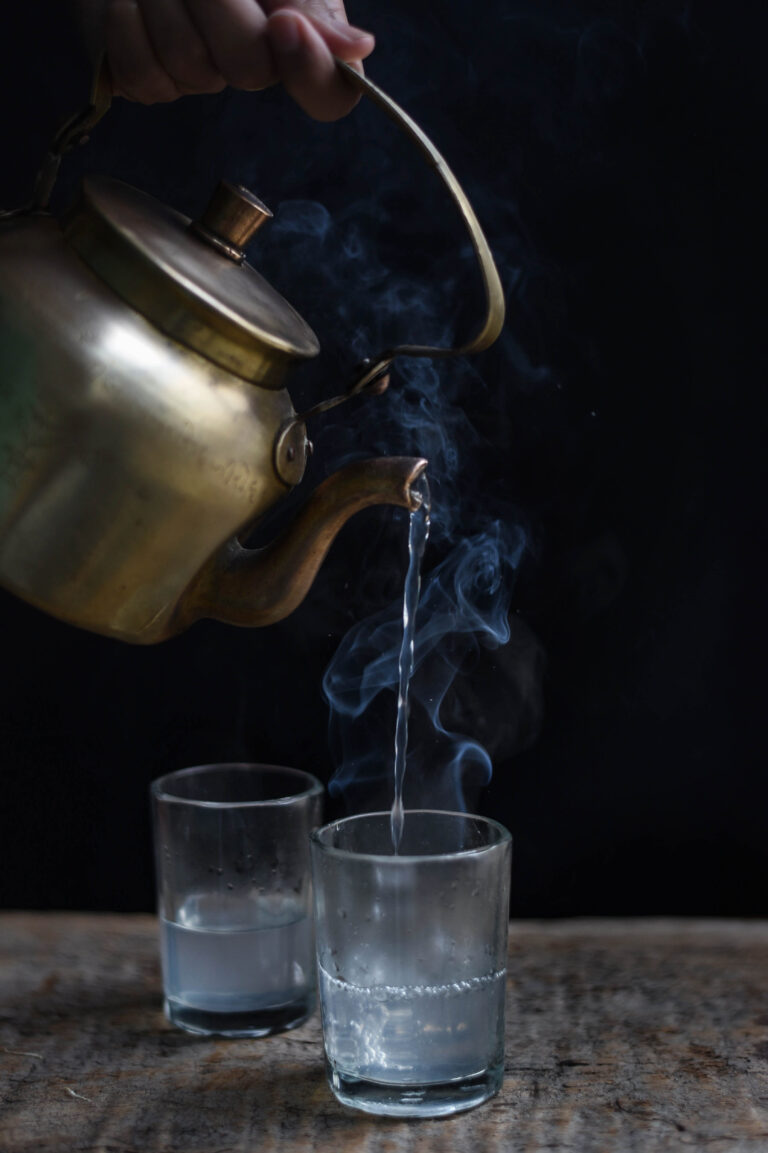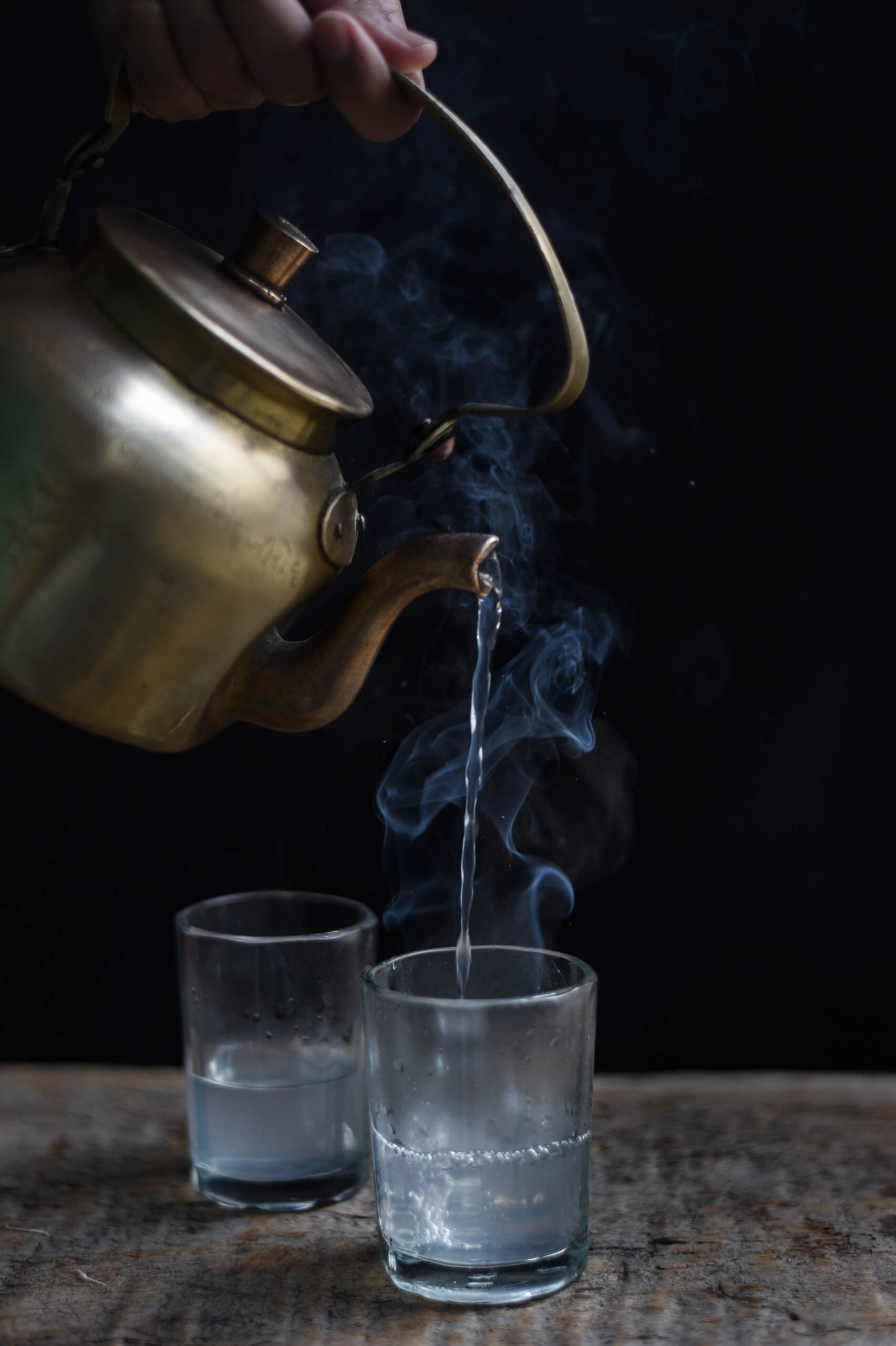
If you ask me what I think of as the star among all vegetables, you may be surprised to learn that in my opinion it is the underestimated radish. Specifically, I mean the long-rooted winter radish known as “daikon”, from the Japanese words for “big root”. In India, you may know it as “mulli”, the main ingredient of mulli-mulli paratha in the North; its leaves are eaten in the South as “mullangi-keerai”. My appreciation for daikon was inculcated when I was a student of Macrobiotics at the Kushi Institute a few years ago. The Macrobiotic principle of yin & yang is based on the belief that food has healing properties, and that with the right food we can actually improve our health and immune system in many ways. It is an old Indian Ayurvedic principle too, and the two differ only slightly.
Macrobiotics is a culinary science with a foundational principle of the incorporation of local and seasonal logic to our cooking and eating methods. Logic, not just ingredients. It is a holistic system that considers the effect of food on mind, body and spirit. While Macrobiotics began in Japan, daikon is locally-grown and widely-available in India, and so the daikon tea recipe that I am sharing today fits the principle well.
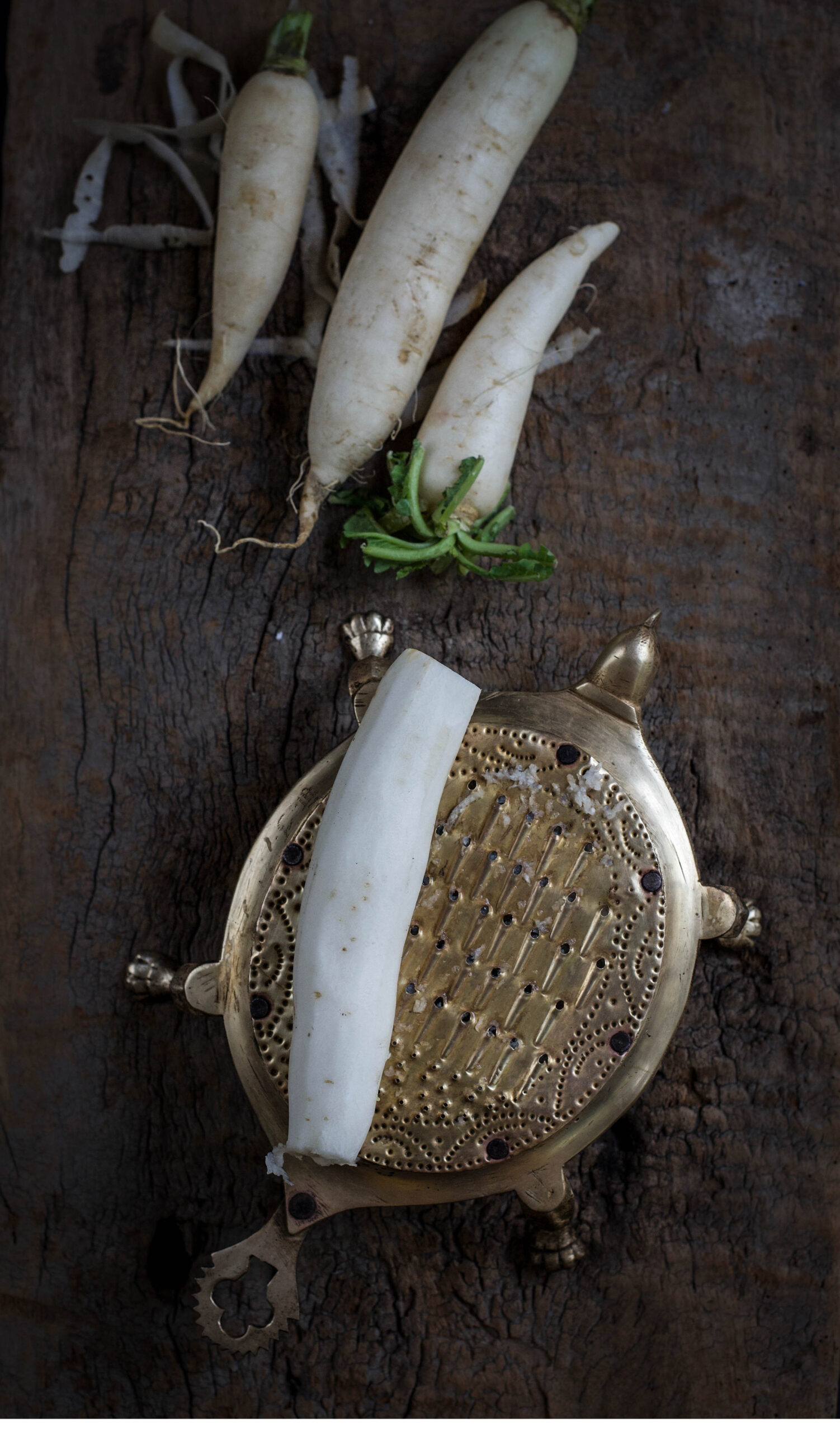
This daikon tea is known for being effective against deep-rooted cancer and pain. In general, it also has a cooling effect, and is anti-inflammatory. Daikon itself is highly nutritious, and contains phosphorus, calcium, magnesium, vitamin C and potassium. It is beneficial for kidney function, respiratory health and immunity. Its high folate content makes it good for pregnant women, while its low carb content makes it good for diabetics. Daikon can be eaten raw, so you can have it sliced or grated too. In a future post, I’ll discuss Macrobiotic pickling (which is often probiotic), which is something this ingredient is good for as well. In tea form, it helps remove the oil from any heavy food consumed, and lowers cholesterol and cleans the intestines.
As it is quite powerful, daikon tea is recommended only for healing purposes. It is to be had a couple of times a day for three days, with a break afterwards, and for no more than two weeks at a stretch (including breaks).
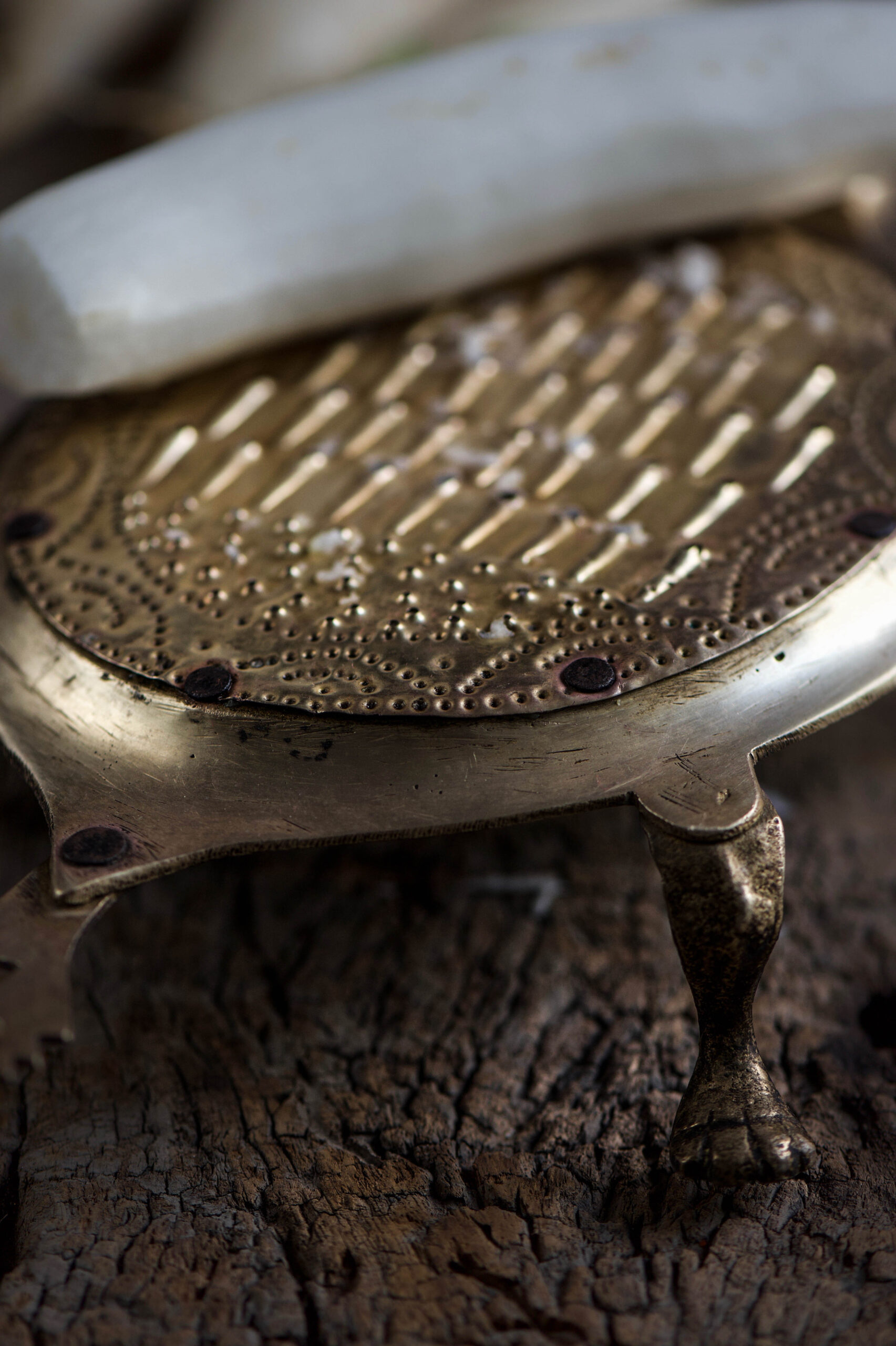
Daikon Tea
(Yield: 1 small pot)
Ingredients
½ cup grated daikon
3 portions water
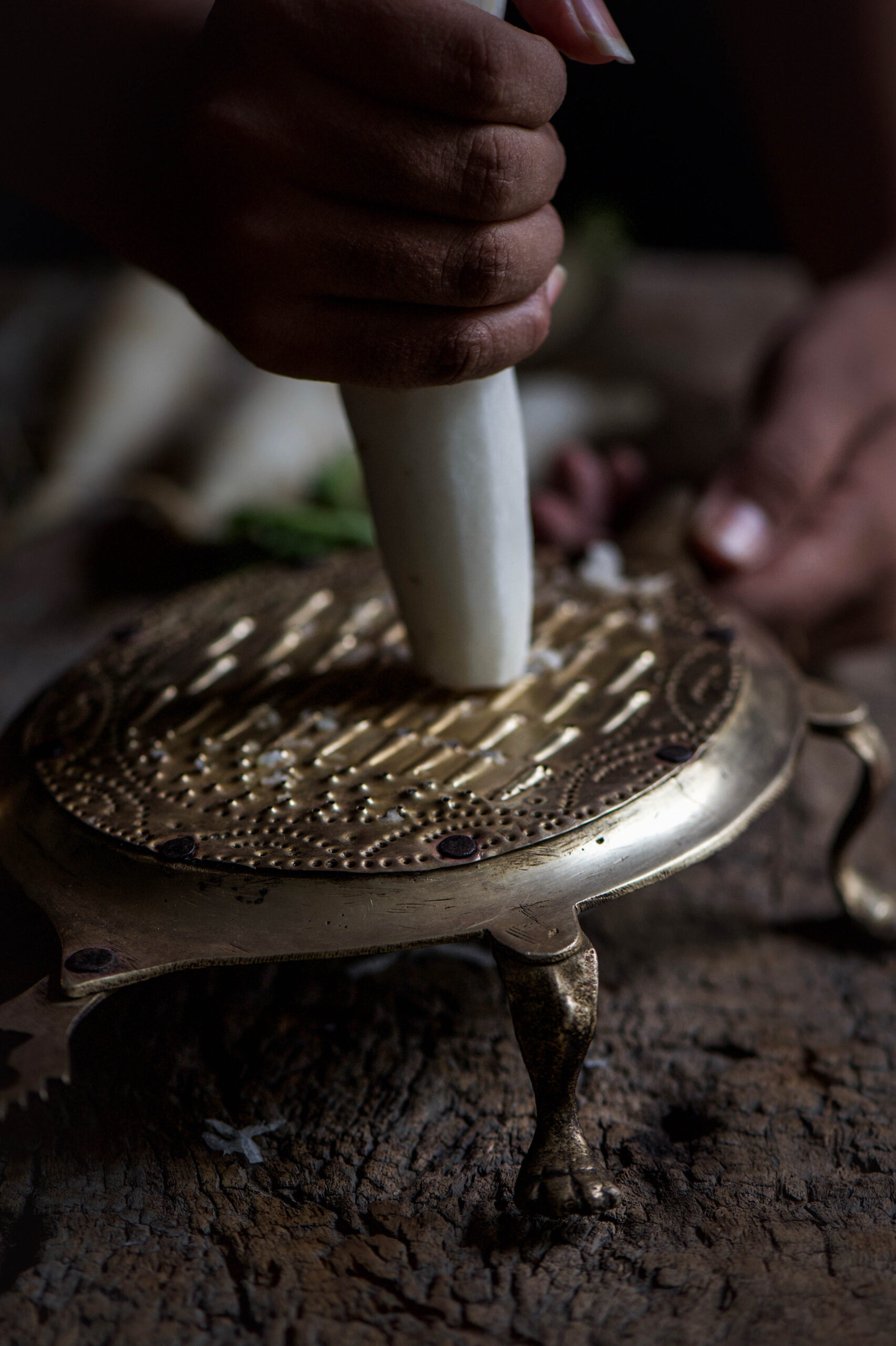
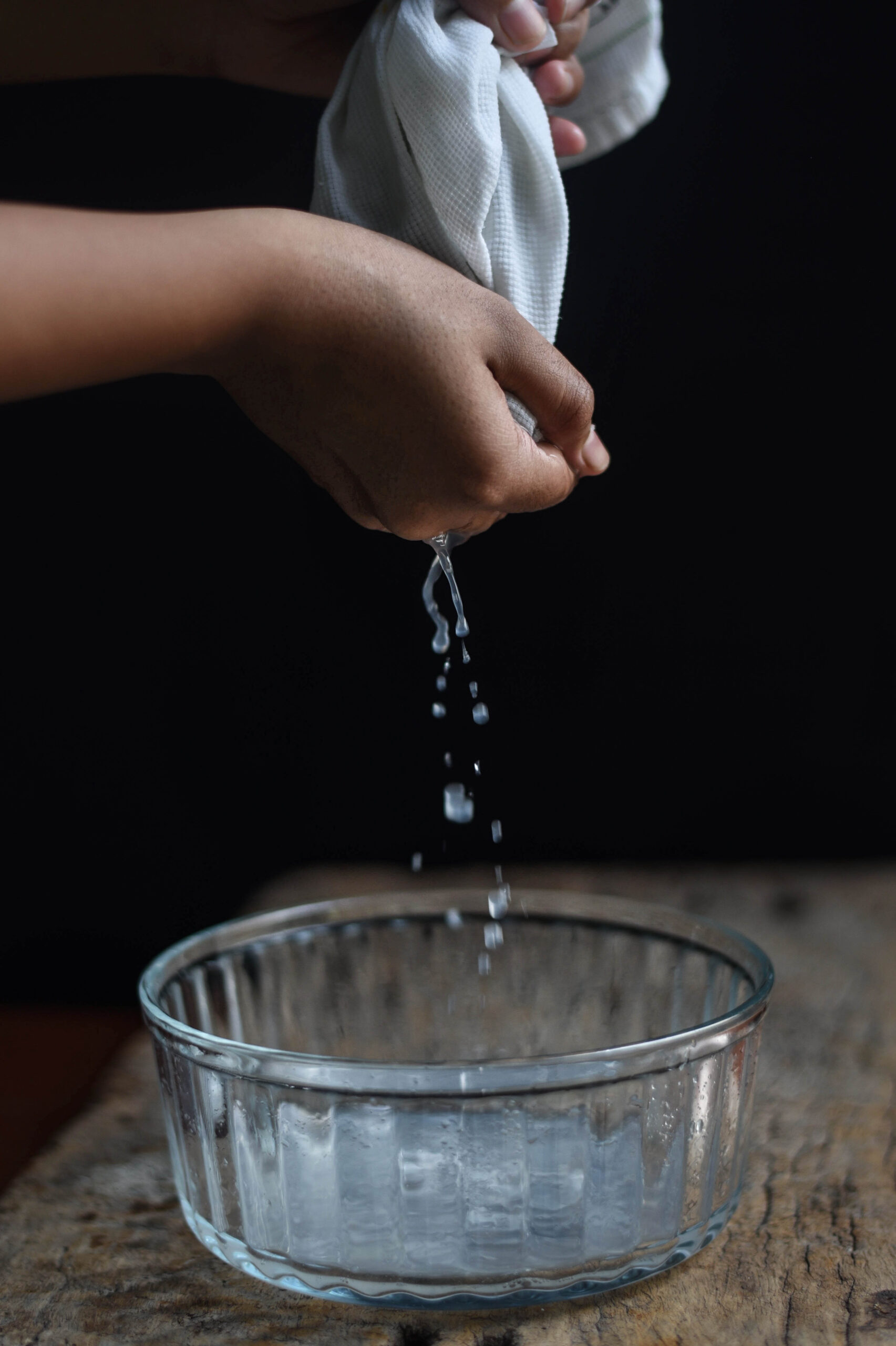
Place the grated daikon in a cheese cloth and squeeze out the juice into the pot. Add 3 equal portions of water to it.
Place the pot to boil gently on a medium flame. Lower the flame when it begins to boil, then allow it to simmer for 1-2 minutes. Add a pinch of sea salt.
Switch off the stove. Your daikon tea is now ready to be served. Drink sparingly, and remember that this is a medicinal supplement.
I learnt some very important basics during my Macrobiotics course, about how the energy and environment matter to what is being cooked and eaten. While in the kitchen, and especially when preparing healing food, it is important to keep sound to a minimum. For instance, while stirring the tea, do not allow the spoon to clank with the pot or cup. Try and maintain a calm, almost meditative, state. So as you stir this tea, serve it, and and sip it, always allow good thoughts to be the most important ingredients.

